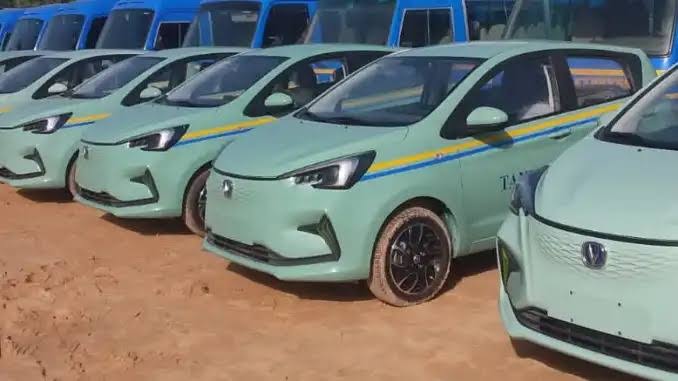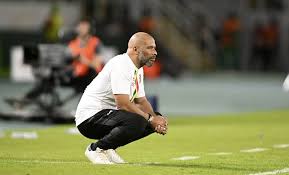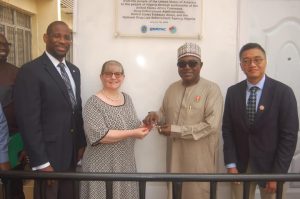By Our Reporter
The Chairman of Ikoyi Obalende Local Council Development Area (LCDA) in Lagos State, Fuad Atanda-Lawal, has announced plans to roll out 200 electric mini-cabs as part of the council’s empowerment program for 2024.

This initiative, disclosed during a press briefing at the council secretariat, is slated to unfold in two phases by the end of the first quarter of 2024.
The introduction of seven-seater mini-electric cabs serves a dual purpose — mitigating the impact of fuel subsidy removal and addressing the surge in transportation costs.
Atanda-Lawal outlined the comprehensive plan for the local government in 2024, encompassing education, infrastructure, healthcare, and transportation.
According to him, “We are bringing in our electric vehicles from February. By the first quarter of this year, we will be empowering our people and we are not stopping there. “
“We will also establish 10 charging stations. This year, we will be empowering members of our community to drive the vehicles on hired purchase,” he said.
Despite the common perception that local governments may not be directly involved in transportation, Atanda-Lawal emphasized their significant role in the economic and business fabric of the nation.
Aligning with the Federal Government’s commitment to cleaner and safer energy, the council identified the need to transition to more efficient and sustainable solutions.
The upcoming fleet of electric vehicles, scheduled for delivery in February, is poised to offer subsidized transportation within Ikoyi-Obalende and its environs.
Furthermore, the council plans to establish ten charging stations within the community to facilitate vehicle maintenance.
Atanda-Lawal, acknowledging the importance of addressing transportation costs, expressed the council’s commitment to empowering the community.
“The electric vehicles will be deployed in a hire-purchase arrangement, providing members of the community with an opportunity to earn a livelihood and contribute to the local economy,” he added.
The Chairman emphasized the long-term nature of their interventions, moving beyond short-term palliatives to create sustained impact.
In addition to the transportation initiative, Lawal highlighted the council’s commitment to supporting the elderly and retirees through a food bank program.
This comprehensive approach highlights the council’s overarching goal of prioritizing the welfare of the community members.


























